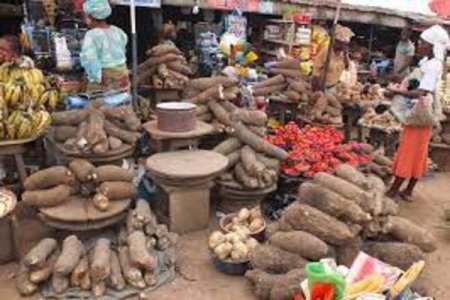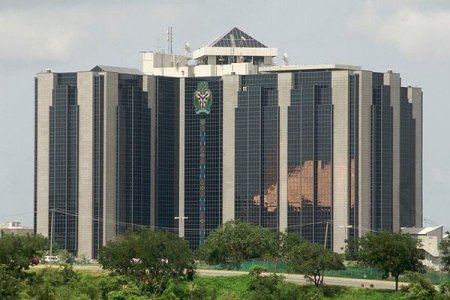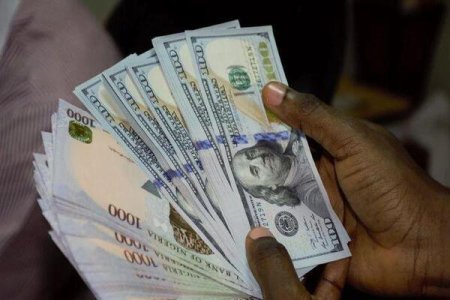
President Bola Tinubu's first year was marked by bold economic reforms, including fuel subsidy removal and currency devaluation, leading to spiraling inflation of 33.7%, a petrol price increase of 176% to N701 per liter, and hardship for Nigerians amid declining oil production and foreign reserves.
In the past year, President Bola Tinubu has navigated Nigeria through a series of bold economic reforms, according to BusinessDay. These measures have had profound impacts on the nation's economy, reflected in various indicators.
Nigeria's headline inflation surged to 33.70 percent in April, the highest after a year of inaugurating successive governments since 1999. Additionally, since Tinubu announced the removal of petrol subsidies, pump prices have tripled, and the naira's value has plummeted, leading to a surge in headline inflation.
Despite assurances of inflation moderation, challenges persist, including low productivity in agriculture and exchange rate fluctuations. Furthermore, the cost of living has soared, with the average cost of preparing a pot of jollof rice rising significantly due to naira depreciation.
This has particularly impacted low-income earners, with some struggling to afford basic meals. The government's efforts to address declining oil production have been hindered by challenges such as pipeline issues and maintenance programs by oil firms. Despite the decline in foreign currency reserves and increased demand for foreign exchange, the government has resorted to borrowing through bond auctions to stabilize the economy.
The Central Bank of Nigeria's interventions in the foreign exchange market have also influenced the depreciation of the naira. As the government grapples with these economic challenges, analysts emphasize the importance of fiscal discipline and increased productivity to curb inflation and stimulate growth.




![Today's Naira Rate [09-12-2024]: Naira Hits N1,550/$ in Parallel Market, Official Rate Experiences Minor Drop](/data/attachments/211/211197-6f69f06e74344fc092be918cd69a3c80.jpg?hash=hFfFcRmkeL)
